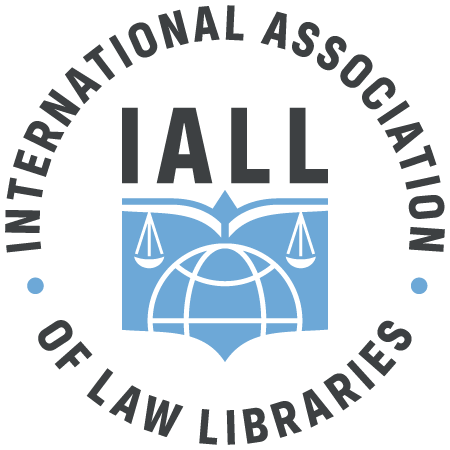AI Effect
AI is everywhere! It actually characterises digital age. We call it “AI Age”. AI systems[1] have direct effect on digital transformation, data driven economy, individual life, society at large and on business models. We could classify its effect into two clusters: Positive and negative effects of AI. Positive effects sometime called AI for social or public good. It covers plenty of advantages of AI brings into our life. Negative effects are crucial to address in order to ensure that individuals, society and business harness to AI systems. Discrimination, the advent of a surveillance society, the weakening of human agency, information distortion, electoral interference, digital exclusion and potentially harmful attention economy, are just some of the concrete concerns that need to be addressed.
From AI Ethics to AI Laws and Regulations
AI Ethics
In order to eliminate negative impact of AI systems, discussions and proposals focused at first on “ethics”. There were plenty of guidelines, policy papers, corporate policies explaining ethics principles and ethical AI. AI ethics affected also national strategies of the most countries. A study analysed that national AI strategies shows there are thirty-six prominent AI principles and there is a growing consensus around eight key thematic trends within: privacy, accountability, safety and security, transparency and explainability, fairness and non-discrimination, human control of technology, professional responsibility, and promotion of human values[2]. There are some common terms used by private companies shaping their AI approaches such as responsible AI[3], which consist a combination of several ethical AI principles above mentioned.
Towards AI Regulations
Because of its soft law nature, ethical AI and its surrounding principles do not have legally binding character. Starting from Facebook & Cambridge Analytica as humanity we observed negative impact of AI systems for human rights, democracy and the rule of law. AI systems could be manipulative for individuals, institutions and society at large, could harm for example freedom of speech, free elections, fair trial. To mitigate that negative impacts of AI systems AI ethics is not a suitable tool. Instead of soft law principles, we, as humanity need legally binding laws and regulations. There are two major regulatory initiatives around the world: The EU’s Proposal for a Regulation on a European Approach for AI[4], which has been published on 21 April, 2021 and the Council of Europe (CoE) CAHAI’s work on horizontal legally binding future instrument on AI[5]. The EU’s proposal focuses on trustworthy AI, while CAHAI bases human rights, democracy and the rule of law, which are three pillars and standards of the CoE. CAHAI’s mission ends at the end of this year. So it means end of this year we might see first “convention” or “framework convention” of AI.
Regulatory Effect
The EU’s draft Regulation on AI will not be binding only for the member states. On the contrary like its General Data Protection Regulation (GDPR), the draft Regulation has the same provision on extraterritorial effect. That means AI companies not established in the EU, will be subject draft Regulation based on different criteria enshrined in the Regulation. Draft Convention and/or Framework Convention of the CoE will be binding for the member states, who signed it. If member states sign and/or ratify that text, the draft Convention and/or Framework Convention will be binding for its national law. By its extraterritorial nature of the EU’s draft Regulation and by its legally binding nature of the Convention and/or Framework Convention, AI laws and regulations of relevant countries will be converged and harmonized
Leyla Keser
Professor
IT Law Institute, Istanbul Bilgi University
Istanbul
This Blog contains entries by members of the International Association of Law Libraries on issues germane to the Association’s areas of focus. Views expressed in an individual entry only represent the views of the author.
[1] ““AI systems” will be generally preferred in this feasibility study to refer to algorithmic systems based, indifferently, on machine learning, deep learning, rule-based systems such as expert systems or any other form of computer programming and data processing…”, See CoE CAHAI Feasibility Study, p. 2, fn. 2.
[2] Jessica Fjeld, Nele Achten, Hannah Hilligoss, Adam Nagy and Madhulika Srikumar; Principled Artificial Intelligence: Mapping Consensus in Ethical and Rights-Based Approaches to Principles for AI, https://papers.ssrn.com/sol3/papers.cfm?abstract_id=3518482.
[3] Responsible AI of Microsoft: https://www.microsoft.com/en-us/ai/responsible-ai?activetab=pivot1%3aprimaryr6.
[4] https://digital-strategy.ec.europa.eu/en/library/proposal-regulation-european-approach-artificial-intelligence.
[5] https://www.coe.int/en/web/artificial-intelligence/cahai.
